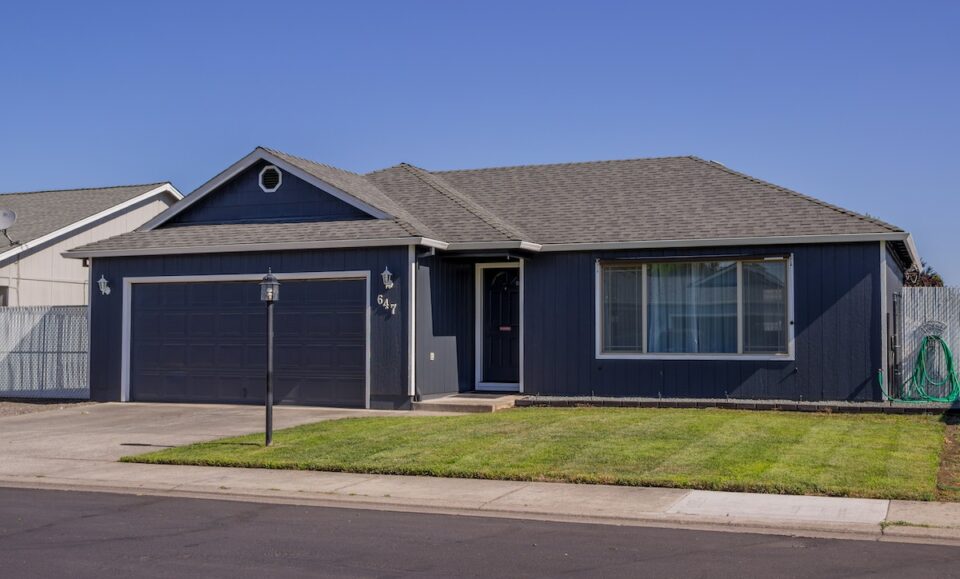Buying a new home is a significant milestone in life, but it comes with financial responsibilities that require careful planning. One of the most crucial aspects of this journey is budgeting for your new home. In this guide, we’ll walk you through the steps of creating a realistic budget that ensures a smooth transition into homeownership while maintaining your financial stability.
Understanding Your Financial Situation:
Before you dive into the homebuying process, take a close look at your financial situation. Assess your income sources, stability, and existing debts. This evaluation will help you determine a comfortable budget range that aligns with your financial capacity. Keep in mind the 28/36 rule, which suggests that your housing costs should not exceed 28% of your income, and your total debts (including housing costs) should not surpass 36% of your income.
Upfront Costs:
- Down payment: Building a substantial down payment is essential. It not only reduces your monthly mortgage payments but also signals financial responsibility to lenders. Explore different down payment percentages and choose one that suits your financial situation.
- Closing costs: Don’t forget about closing costs, which include expenses like appraisals, title fees, and more. These costs can add up, so make sure to estimate and set aside funds for them.
Monthly Expenses:
- Mortgage payments: Understand the types of mortgage loans available and how they impact your monthly payments. Consider the choice between fixed and adjustable-rate mortgages based on your risk tolerance and financial goals.
- Property taxes and insurance: Research property tax rates in your desired area and plan for homeowner’s insurance costs. These ongoing expenses are integral to your monthly budget.
- Utilities and maintenance: Account for utility costs such as water, electricity, heating, and cooling. Additionally, set aside funds for routine maintenance and unexpected repairs to avoid financial stress down the road.
Additional Considerations:
- Homeowners’ Association (HOA) fees: If your new home is part of an HOA, factor in their fees. Understand their purpose, services, and how they impact your budget and overall homeownership experience.
- Emergency fund: Establish an emergency fund to cover unexpected home expenses. This financial cushion provides peace of mind and prevents unforeseen costs from derailing your budget.
Setting Realistic Goals:

As you budget for your new home, it’s crucial to distinguish between needs and wants. Be realistic about what you can afford and consider how your homeownership aspirations align with your long-term financial goals. Keep in mind that market conditions can affect affordability, so remain flexible in your expectations.
Seeking Professional Advice:
- Consulting a financial advisor: Expert guidance is invaluable in the budgeting process. A financial advisor can provide tailored advice based on your unique financial situation, helping you make informed decisions.
- Mortgage pre-approval: Obtain a mortgage pre-approval to understand your purchasing power upfront. This will streamline your home search and ensure you’re looking at properties within your budget.
Staying Flexible:
Life is full of unexpected changes, and homeownership is no exception. Prepare for potential budget adjustments and periodically review your financial situation. Flexibility is key to adapting to new circumstances while maintaining your financial stability.
Navigating the Home Loan Landscape:
Choosing the right mortgage loan is a pivotal step in budgeting for a new home. Conduct thorough research on various mortgage options, such as conventional, FHA, and VA loans. Each option comes with its own requirements and terms, so understanding the nuances will help you make an informed decision that aligns with your financial goals.
Don’t Forget About Resale Value:
While budgeting for your new home, also consider the potential resale value. Factors like location, neighborhood development, and market trends can influence how much your home appreciates over time. A financially responsible decision now could lead to a profitable investment in the future.
Conclusion:
Budgeting for a house is a crucial step in your journey to homeownership. By following the steps outlined in this guide, you’ll be well-equipped to create a realistic budget that aligns with your financial goals. Remember, responsible budgeting not only ensures a successful home purchase but also sets the foundation for a secure and prosperous future. Start your homebuying journey with confidence, armed with the knowledge to make informed financial decisions.

